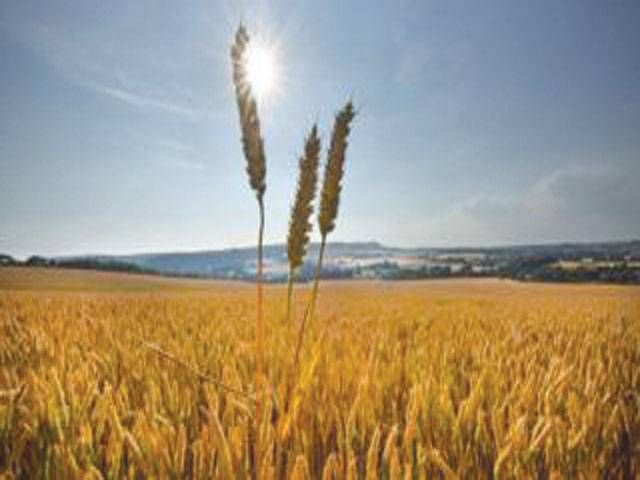LONDON-Britain’s countryside will be transformed by policies to combat climate change, the government’s former chief environment scientist says.
Professor Sir Ian Boyd said climate policies after Brexit will alter the landscape more than most people expect. There will be many more trees and hedges but far fewer grazing animals as people eat less red meat, he said.
The farmers’ union, the NFU, rejected his analysis and forecast that there may be more grazing animals, not fewer. It said the UK’s well-watered pastures are ideal for producing low-carbon livestock and exporting it to places where growing conditions are less favourable.
This is the first public eruption of a long-running conflict between Professor Boyd, the former adviser to the Department for Environment, Food and Rural Affairs (Defra) and the body that represents Britain’s farmers.
Sir Ian thinks the NFU has wielded far too much influence over depart mental policy. The NFU believes he is out of touch with the reality of farming.
The antipathy reflects deeper technical, ethical and political debates over the future of the production and consumption of animals for food. UK farms plan for going ‘carbon neutral’. Five ways farmers are tackling climate change
Sir Ian says the UK needs to reduce the amount of red meat it produces and eats if it is to meet the Net Zero emissions target by 2050. He told BBC News: “What I see is a farming system that’s very inefficient and in need of very significant transformation.
“I see a significant part of that coming from the way we farm and consume livestock.
“If we want to move towards Net Zero in the UK, changing our approach to red meat consumption is an essential part of that.”
He points out that under international agreements, greenhouse gas emissions are measured in the country where they are created.
That means China gets blamed for the CO2 it generates whilst making goods exported to the UK. By the same token, the UK’s responsible for emissions from its belching sheep - whether they’re eaten in Britain or Brazil.
Sir Ian says this system of carbon accounting is most unlikely to change.
Sir Ian says it’s actually more carbon-efficient to raise sheep and cattle on intensive high-tech farms than on traditional extensive pastures. That’s because although intensive farming with animals fed on grains and soya creates more CO2 emissions, it creates fewer methane emissions.
Research proves, he says, that because intensively-raised animals grow and mature quicker, they are slaughtered younger - so they belch less methane in their shorter lives. As methane is a far more powerful greenhouse gas than CO2 in the medium term, that means intensively-farmed livestock are less bad for the climate.
Thursday, April 18, 2024
Climate policies ‘will transform UK landscape’

3:56 PM | March 28, 2024
4:14 PM | March 23, 2024
Biden calls for higher tariffs on Chinese steel, aluminum imports
9:35 AM | April 18, 2024
Two held, 54-kg drugs recovered
April 18, 2024
Smuggling ofnon-custom paid tyres thwarted
April 18, 2024
Encroachments: Commissioner suspends fiveMC officials
April 18, 2024
SECP files criminal complaint against two individuals
April 18, 2024
Rail Revival
April 17, 2024
Addressing Climate Change
April 17, 2024
Saudi Investment
April 17, 2024
Political Reconciliation
April 16, 2024
Pricing Pressures
April 16, 2024
Justice denied
April 18, 2024
AI dilemmas unveiled
April 18, 2024
Tax tangle
April 18, 2024
Workforce inequality
April 17, 2024
New partnerships
April 17, 2024
ePaper - Nawaiwaqt
Advertisement
Nawaiwaqt Group | Copyright © 2024





